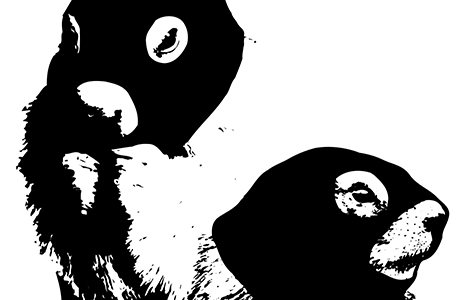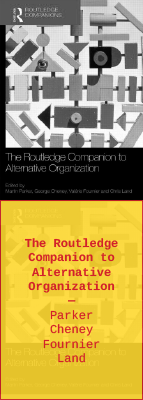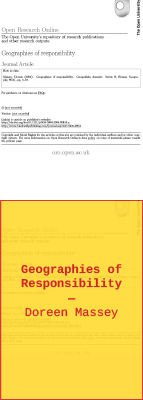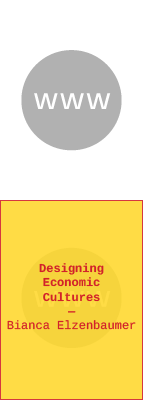Brave New Alps

Brave New alps is the collective name under which Bianca Elzenbaumer and Fabio Franz have collaborated since 2005. Brave New Alps are designers committed to exploring the cultural, economic and political value of design, and its capacity to question our surrounding realities and to proactively suggest alternatives.
Currently, Bianca is a research fellow at Leeds College of Art and Fabio is a PhD candidate at the Sheffield School of Architecture.
brave-new-alps.com
COMUNfARE
COMUNfARE (lit. commons-making) is a long-term practice-led research project, in which we concentrate on the environmental, social, economic and political context of the Vallagarina district in the Italian Alps and its connections to other places in the world.
With the project, which represents a new phase in our socially and politically engaged design practice, we want to contribute to progressive eco-social change on different levels and scales in the area we come from.
Over time, we set out to activate a variety of translocal situations of intergenerational, open, collective learning. Through these, we want to explore, develop and foster self-organised structures and relations pursuing a twofold aim: to become more aware of the diverse dynamics that traverse and shape the district, its economy, people and environment, while creating, broadening and diversifying spaces in which to be less exposed to and tied into the disciplining, precarising and scarcity-producing mechanisms of ‘the market’.
Like this, with COMUNfARE we want to support the constitution, cultivation and expansion of the commons as a material and social dimension that empowers people to nurture other values and ways of relating than the narrow ones reproduced by capital.
While the defined localised framework of the Vallagarina district is the setting in which our research is physically based, and which therefore represents its point of departure and main arena of reflection, speculation and intervention, we wish to constantly weave into the project the global framework which this area is part of, and whose processes inevitably mould the district and are in turn moulded by it.
SUGGESTED BOOKS
Interesting questions / statements
What structures and initiatives can facilitate the cultivation of practices of co-operation, care, dialogue, mutuality, and self-organisation in our lives, while weakening the influence of personal profit, competition, accumulation and individualisation?
How can knowledges, experiences and expertise held by people inhabiting the district be activated and involved into the project? How can people learn from each other in a liberatory, empowering way?
Taking the anthropocene as the wider framework in which designers operate, how can the non-human other be actively encompassed into process of progressive social change?
How can a socially and politically engaged design practice be made resilient when operating in a peripheral non-metropolitan context?


